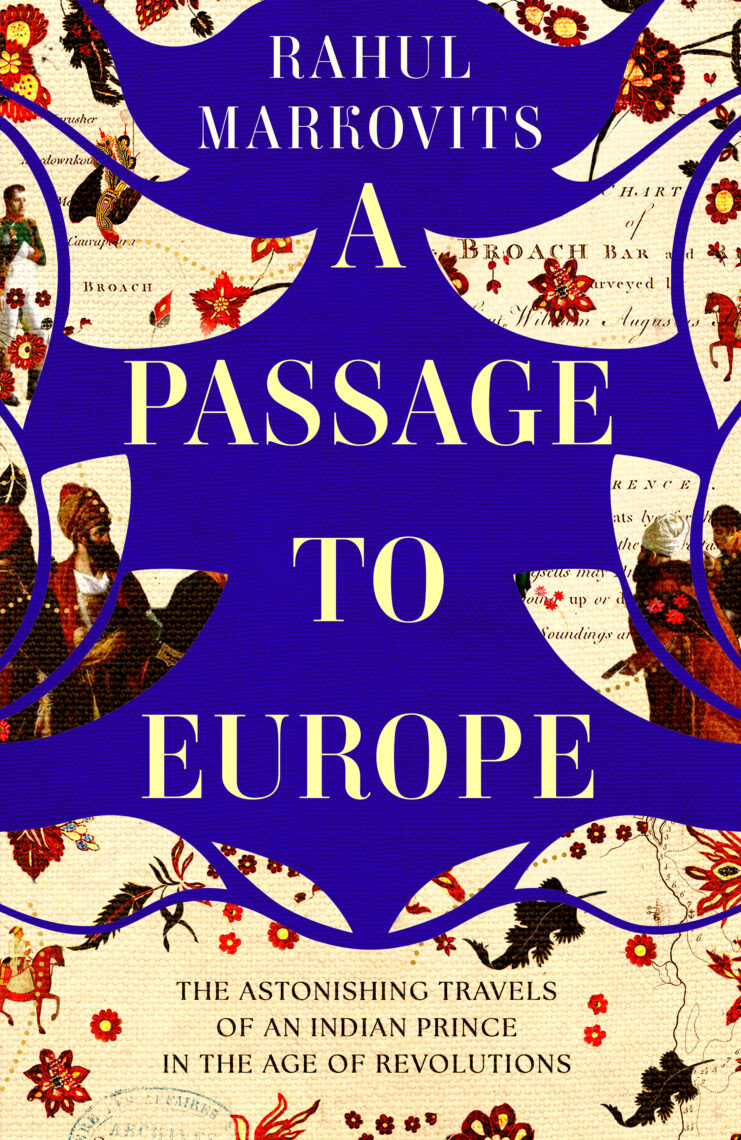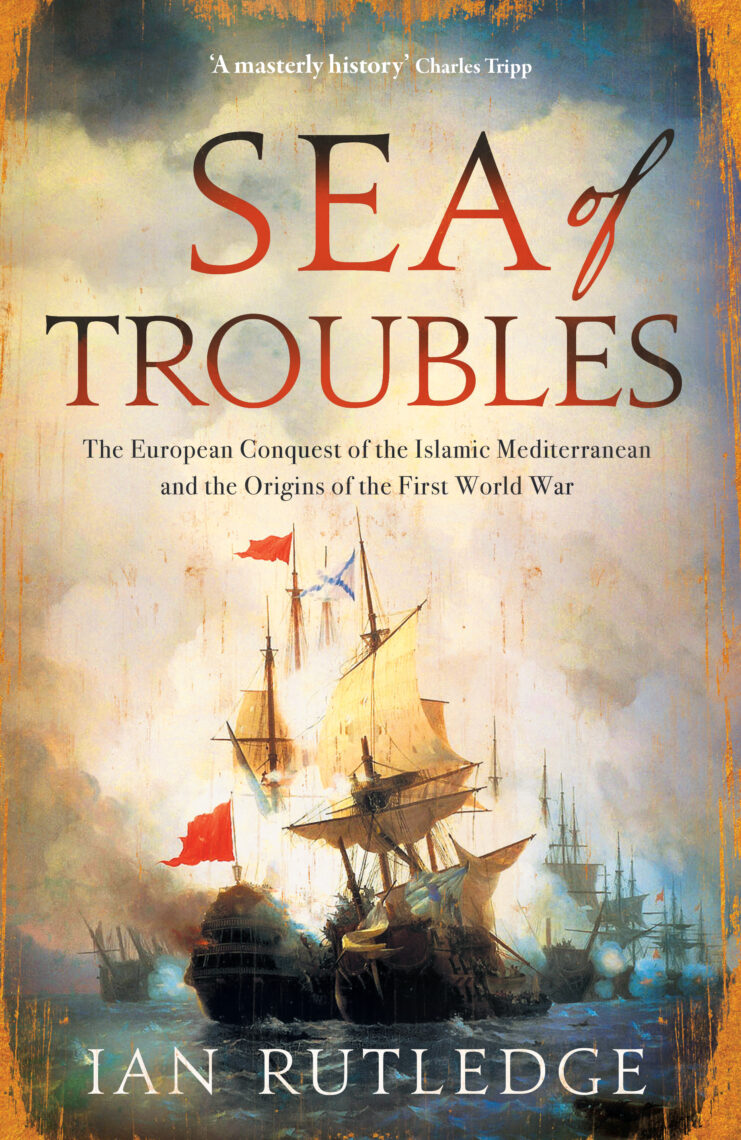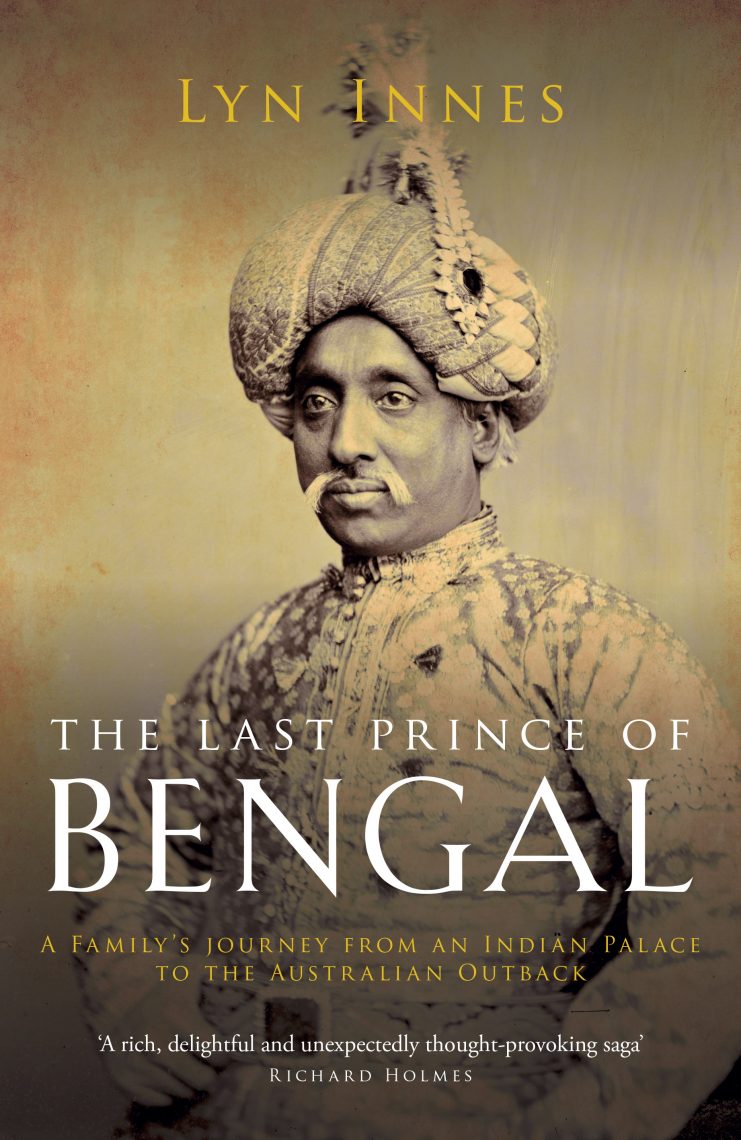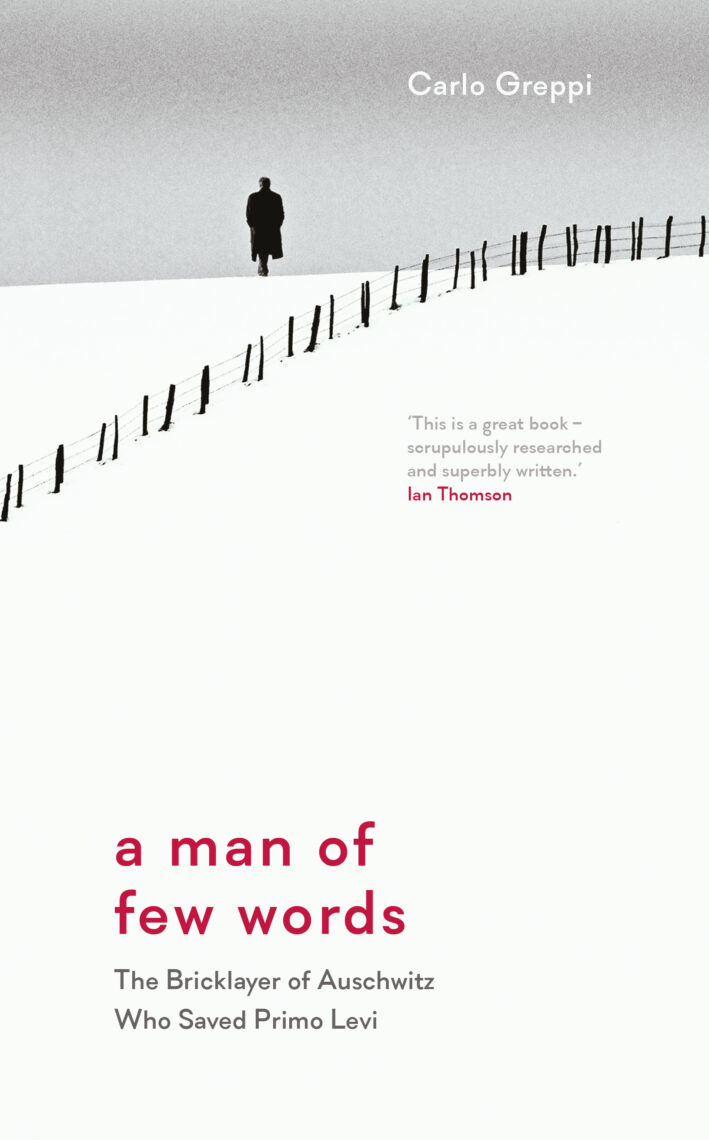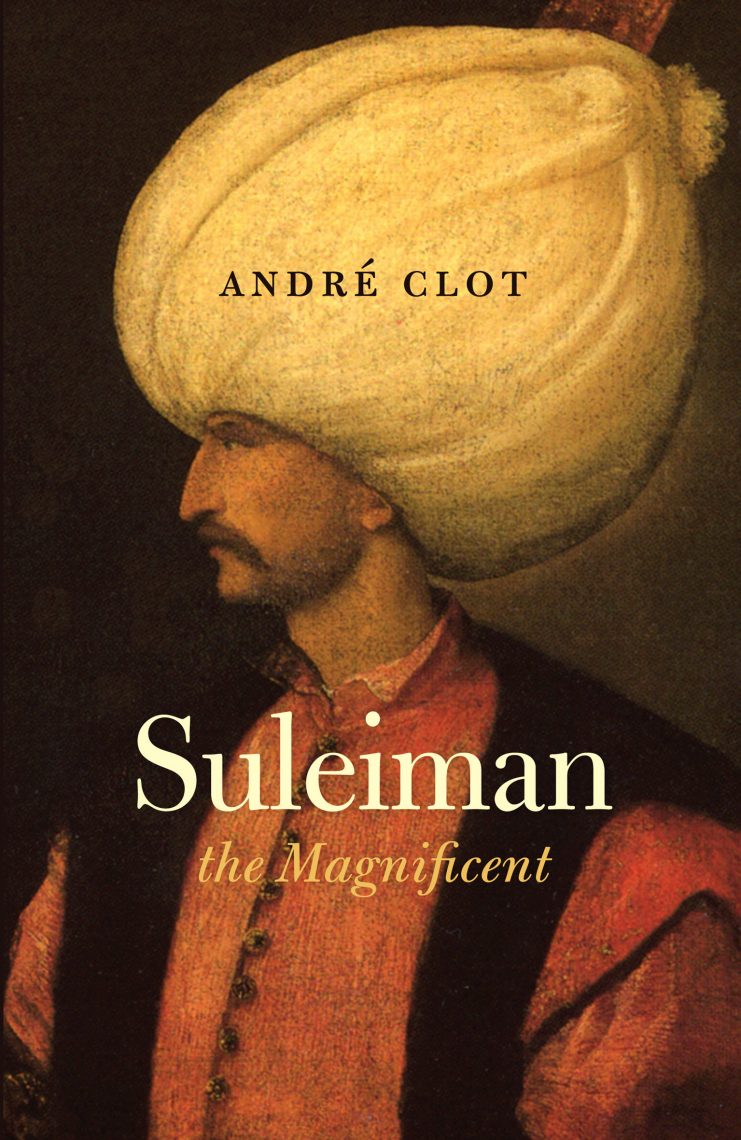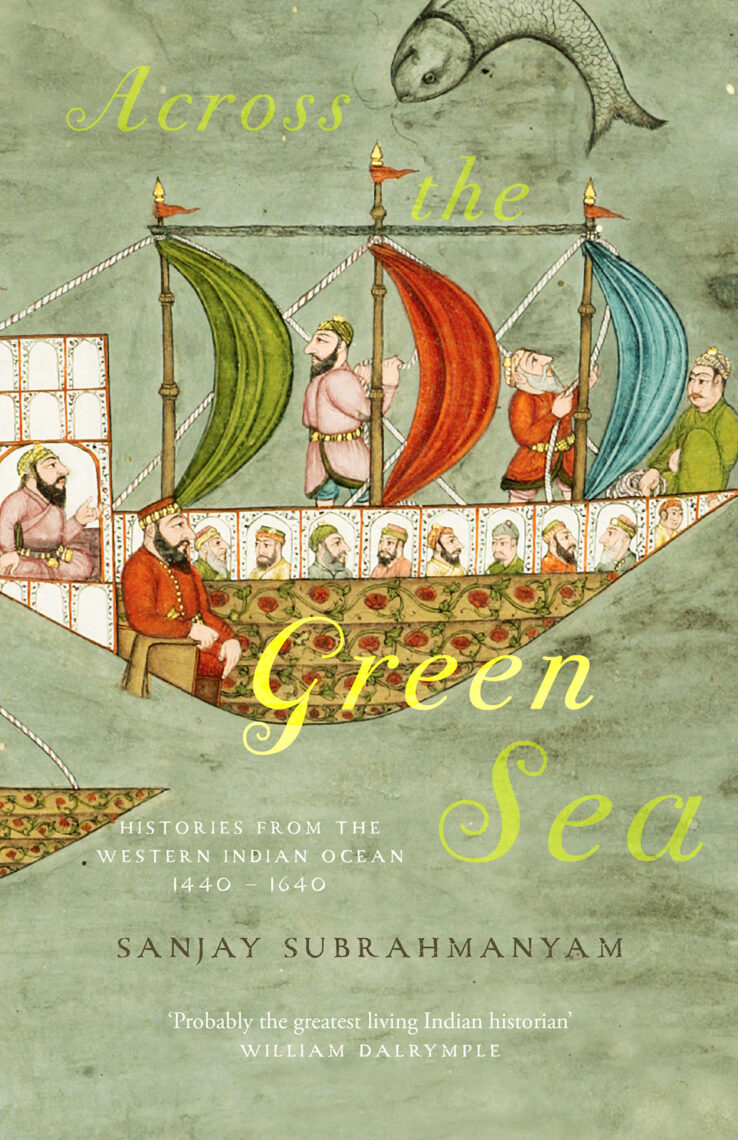
About the Book
Beginning in the mid-fifteenth century, the regions bordering the western Indian Ocean – ‘the green sea,’ as it was known – underwent vast transformation and an era of commercial and cultural exchange blossomed.
In Across the Green Sea, Sanjay Subrahmanyam recounts the history of this ocean from a variety of shifting viewpoints. He sets the scene with the withdrawal of China’s Ming Dynasty and explores how the western Indian Ocean was transformed by the growth and increasing prominence of the Ottoman Empire and the continued spread of Islam into East Africa. He examines how several cities, including Mecca and the vital Indian port of Surat, grew and changed during these centuries, when various powers interacted, until famines and other disturbances upended the region in the seventeenth century.
Rather than proposing an artificial model of a dominant centre and its dominated peripheries, Across the Green Sea reveals the complexity of a truly dynamic and polycentric system through the use of connected histories, a method which Subrahmanyam himself has pioneered.
About the Author
Sanjay Subrahmanyam is Distinguished Professor of History and the Irving and Jean Stone Chair in Social Sciences at UCLA. Educated in Delhi, he previously taught at the Delhi School of Economics, the EHESS (Paris) and at the University of Oxford. A specialist of the early modern period, Subrahmanyam is the author of numerous essays, edited volumes and books, including Europe’s India: Words, People, Empires, 1500–1800 and Empires Between Islam and Christianity, 1500–1800. A Fellow of the British Academy, his awards include the Infosys Prize in Humanities, the Dan David Prize for History and the International Prize for History by the International Committee of Historical Sciences. Subrahmanyam lives in Los Angeles.
Reviews
‘Probably the greatest living Indian historian’ William Dalrymple
‘This book is an example of connected histories at its best. Subrahmanyam has a unique command of archival materials and carefully recounts forgotten histories of slaves, warriors, merchants, writers and rulers, masterfully evoking the polyphony of this early modern maritime world.’ Giuseppe Marcocci, author of The Globe on Paper: Writing Histories of the World in Renaissance Europe and the Americas
‘An impressive feat of scholarship. Through sources in multiple languages and from a variety of locations, Subrahmanyam brings ways of life that have been obscured by anachronistic understandings of identity and culture back to life. This book clearly demonstrates why Subrahmanyam’s “connected histories” approach is one of the best tools for a polyphonic history of the early modern world.’ Kaya Şahin, author of Peerless among Princes: The Life and Times of Sultan Süleyman
‘I don’t think anyone who has followed the developments of the last thirty years in the discipline of history will be surprised if I say that Subrahmanyam is one of the most important historians of our time.’ Cemal Kafadar
Awards
The Cundill History Prize 2025 (Longlisted) → Prize Website
